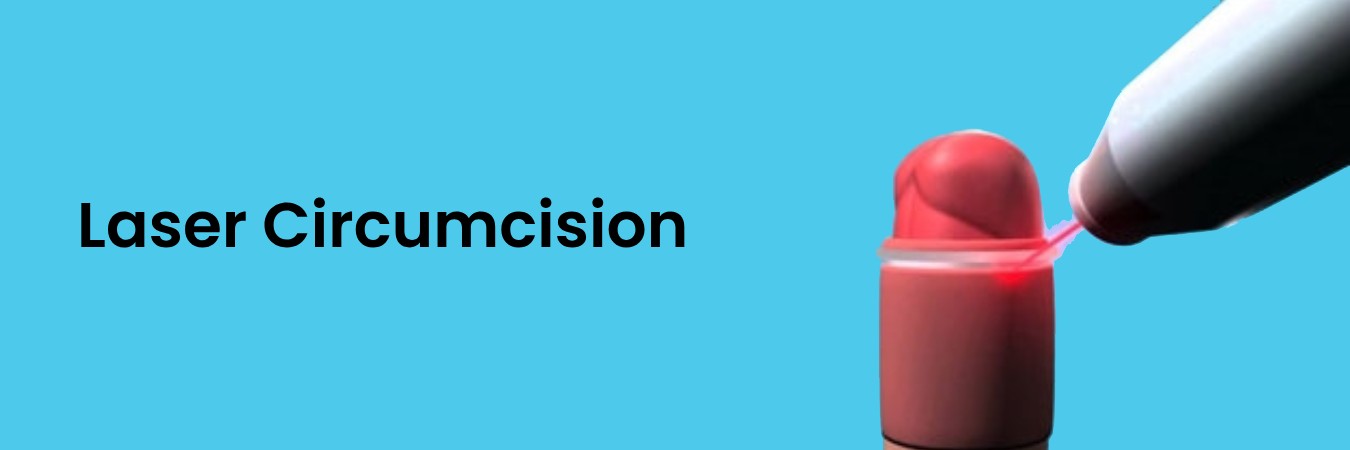Benefits of Circumcision:
- Reduced risk of sexually transmitted diseases (STDs)
- Lower risk of urinary tract infections
- Virtually scarless after laser circumcision
- Minimal infection risk
- Permanent solution for foreskin-related problems
- Enhanced sexual pleasure for female partners
- Diminished risk of penile cancer
Untreated Phimosis Complications:
- Posthitis
- Balanitis
- Paraphimosis
- Penile carcinoma
- Voiding dysfunction
Diagnosis and Procedure:
Diagnosis:
Diagnosing phimosis typically involves a routine physical examination. Your urologist will inquire about your medical history, symptoms, sexual activity, and any penile injuries. They will also assess the penis for signs of infection, tight foreskin, and related phimosis symptoms.
The urologist initiates treatment by attempting nonsurgical measures to reduce foreskin swelling, such as gentle compression or using a snug bandage. Once swelling subsides, the urologist can usually retract the foreskin. If the foreskin remains stuck, circumcision may be recommended.
Surgery:
Laser treatment stands out as a notably safer and less painful alternative to traditional procedures, making it the preferred option for phimosis treatment. This method is applicable for both adults and infants, ensuring high safety standards. At Pilot Heal in Delhi, laser circumcision surgery takes under 30 minutes and offers a swift recovery period.
Advantages:
- Safe and minimally invasive
- Minimal blood loss
- Swift recovery
- Outpatient procedure, no hospital stay
- Enhanced hygiene and infection prevention
- Reduced risk of urinary tract infections
Please note that medical knowledge and practices may have evolved since my last update. Always consult medical professionals or trusted sources for the latest and most accurate information.

